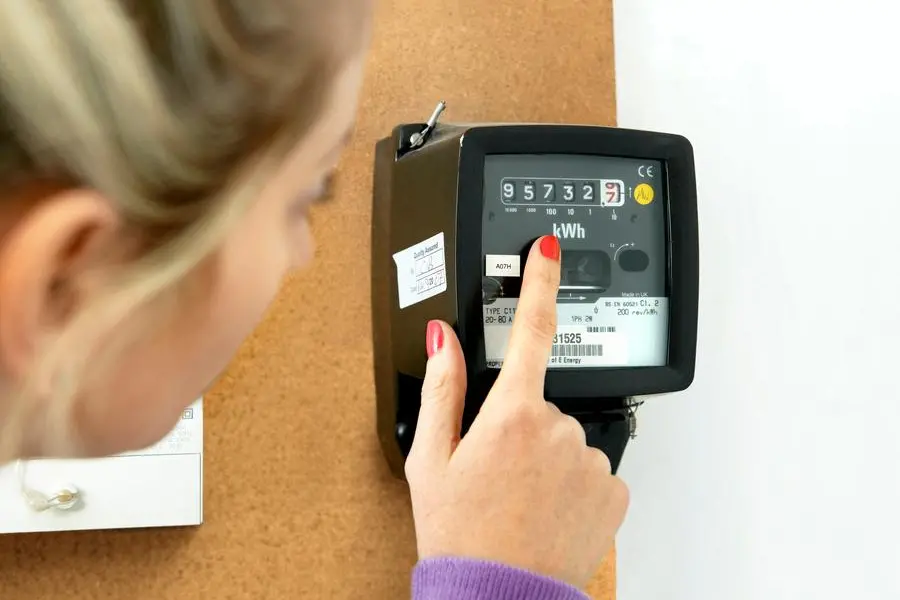PHOTO
Rising household energy prices in the UK would be negative for suppliers and could raise the risk of bad debts, ratings agency Moody's has said.
Great Britain's energy regulator Ofgem said last week that starting from October, the default tariff cap for the average household will go up to £3,549 ($4,142), compared with the current £1,971.
Analysts had earlier predicted that UK inflation could surge to 18% next year due to rising energy bills.
In its new analysis, Moody's said energy suppliers are likely to face higher bad debts due to the price increases. There will also be higher risk of credit-negative government interventions that could affect other UK utilities.
"The sharp price increases are negative for energy suppliers including Centrica plc (Baa2 negative"," Moody's said.
The ratings agency said that the average British household that consumes 3,100 kilowatt-hours (kwh) of electricity and 12,000 kwh of gas annually will see energy spending jump by 180% compared with a year earlier.
The increase in the tariff cap reflects higher wholesale gas and electricity prices in Great Britain, driven largely by lower gas supply from Russia and exacerbated by drought conditions, as well as lower nuclear output in France.
"Although Great Britain does not import Russian gas directly and electricity production remains at normal levels, wholesale prices have risen because of exposure to international energy markets, including interconnection with Europe," Moody's said.
However, the rise in default tariff could be partly offset by announced government measures that include a £400 government-funded discount on most household energy bills. The government will also make direct payments of up to £650 to consumers that are deemed to be most in need.
(Reporting by Cleofe Maceda; editing by Daniel Luiz)





















